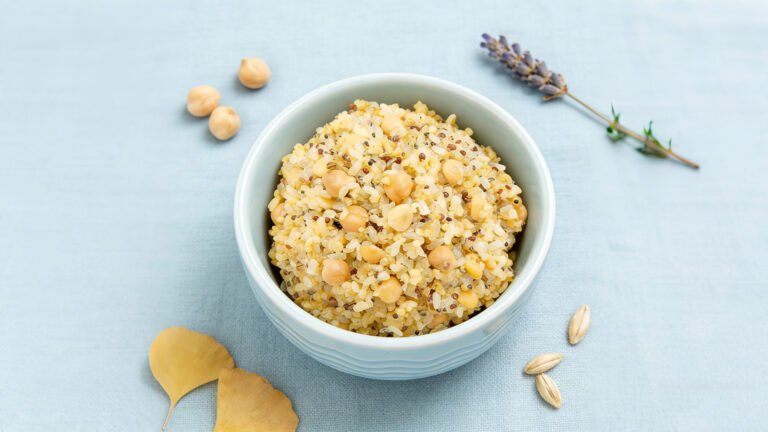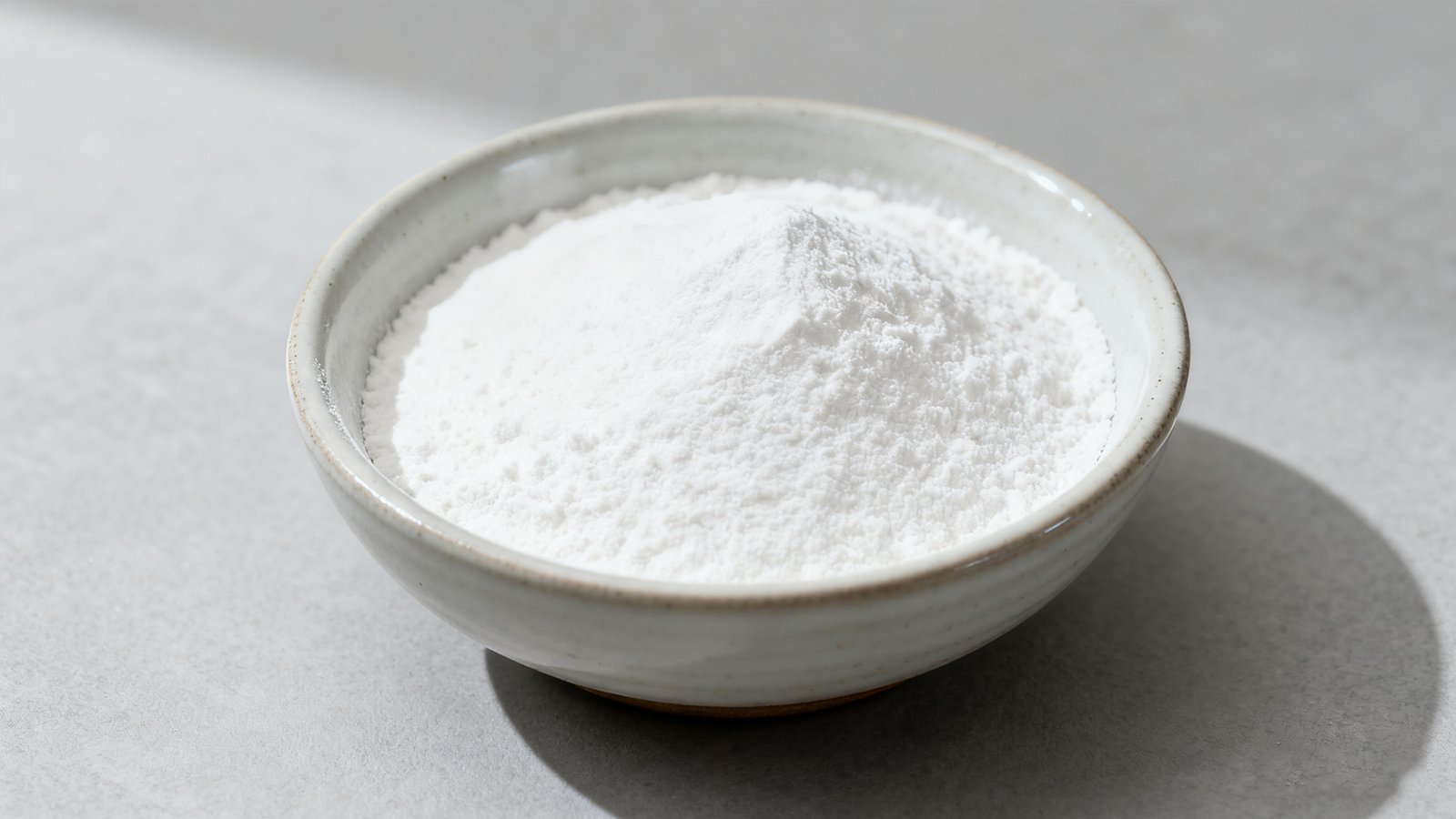
Contact Us through info@lovekonjac.com

It’s a soluble fiber found in the roots of the konjac plant, an Asian plant also known as elephant yam. The technical name for the supplement is glucomannan, but konjac fiber rolls off the tongue better. Konjac root is commonly used in traditional Chinese medicine, taken as a supplement, or used in herbal preparations.
It is extremely dense and forms a gel-like substance when mixed with water, making it very effective as a thickening agent or filler.
Konjac fiber can be used as an emulsifier (to bind liquids together that would usually separate), a texturizer (a hair product), or a gelatin substitute in cooking (to thicken liquids). It is quite versatile and can be found in products such as flour, pasta (particularly shirataki noodles), and drink mixes.
As a supplement, konjac fiber can aid in your weight loss efforts, which has been approved by the EFSA. It has also been widely studied for its potential to help prevent other chronic health conditions and illnesses.


Appetite Control: Konjac flour can help with weight loss by making you feel full. When you eat konjac powder with water, it becomes a gel-like substance in your stomach. This gel can take up space in the stomach, making you feel full. So, you might eat fewer calories during a meal and feel satisfied with smaller portions, which can help you eat fewer calories overall.
Reduced Caloric Intake: Since konjac flour is very low calories and carbohydrates, adding it to meals or taking it as a supplement can help reduce the overall calorie content of a meal without sacrificing volume or bulk. This reduction in calorie intake can contribute to weight loss over time.
Slower Digestion and Absorption: The gel formed by konjac flour may slow down the digestion and absorption of nutrients, including carbohydrates. This can keep your blood sugar levels stable and prevent rapid spikes and crashes in energy, which can be associated with overeating and cravings for high-calorie, sugary foods.
Increased Water Intake: Consuming konjac flour typically requires mixing it with water, which can lead to increased hydration. Adequate hydration is important for overall health and can also contribute to a feeling of fullness and satisfaction.

Low Glycemic Index: Konjac flour has a very low GI, which means it has a minimal impact on blood sugar levels. Foods with a low GI don’t make your blood sugar go up fast, so you won’t get hungry again quickly.
Since it has been suggested that konjac fibre absorbs the highest quantity of water when compared with other types of soluble dietary fibre, it follows that konjac fibre could be the most effective type of fibre to use in your weight loss efforts.
As you can imagine, konjac root has been well-researched by scientists for its effect on body composition.
Here are some of the research findings:
Double-Blind Randomized Trial (8-week study, 20 obese women): In this study, 20 obese women were closely monitored over 8 weeks, with strict instructions to continue their usual diet and exercise routine. Supplementation of 1 gram of konjac root was provided three times per day, one hour prior to each meal. By the end of eight weeks, participants taking supplemental konjac root lost a moderate amount of weight, while the average participant receiving the placebo actually gained weight.

Konjac fibre has been legally approved by the European Foods Standard Agency to work for weight loss in doses of 3 grams per day. This amount has been found to be effective.
Most dosages in studies have ranged from 3 to 5 grams daily, in divided doses, but some trials have found success with even lower dosages.
For best results, it is recommended to take a konjac root supplement three times per day; with, or just prior to meals. If taken at another time, supplementation will likely not aid in weight loss.
If you choose to take this supplement prior to meals, 15 minutes to 1 hour before ingesting food is a good guideline to follow. Make sure to take konjac fibre with at least one glass of water as it can cause issues for those that find swallowing difficult.
Weight loss results will vary depending on your personal characteristics, such as age and starting weight, it is also important to note that Konjac fibre only promotes weight loss when used alongside an energy-restricted diet.
Konjac fibre has shown promise to provide moderate weight loss if taken as recommended:
In one study, people who were overweight lost between 5.3 to 14.1 pounds (2.4 to 6.4 kg)
over 5 weeks when they took konjac fiber supplements.
In another study that lasted for 8 weeks, obese women took 3 grams of konjac root every day without changing their diet or exercise routine. They average lost about 5.5 pounds (2.5 kilograms), while the group that didn’t take konjac root gained about 1.5 pounds (0.7 kilograms) while getting a fake pill called a placebo.
A 2008 systemic review of all clinical trials studying the effects of konjac root on weight loss concluded that participants lost an average of 0.8 kg (1.8 lb) over the study period, while studies that included dietary changes yielded an average of 1.28 kg (2.8 lb) lost. Regardless of the type of intervention, obese participants lost an average of 1.3 kg (2.9 lb).